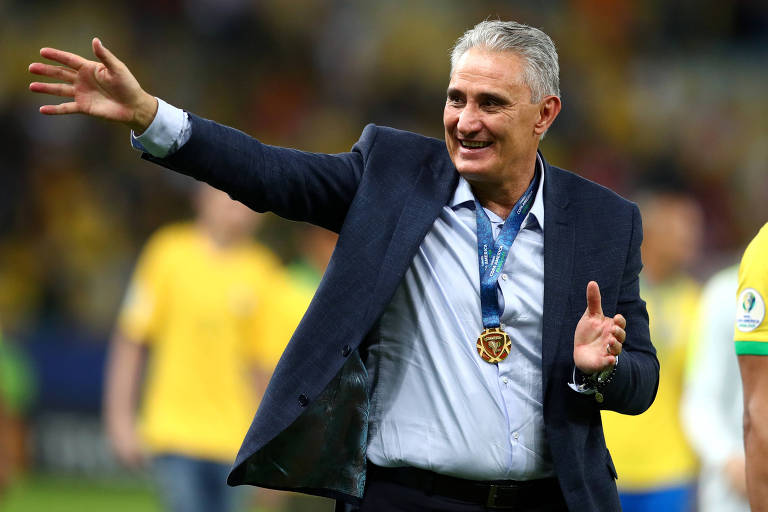The year was 2007 and Grêmio had eliminated Santos in the Libertadores semifinals, inside Vila Belmiro. The qualification had taken place despite a 3-1 loss. After the match, then-Santos coach Vanderlei Luxemburg said he would win the South American tournament one day, but playing beautiful, offensive, non-tackle football. It was a prick at the rival.
In the other locker room, the gaucho of Passo do Sobrado, Mano Menezes, football coach, was informed of the opponent's complaint. "Knowing how to defend yourself is also beautiful," he countered.
Within the stereotypes that can prevail in soccer, the gaúcha school of coaches is often seen as defensive, adept at strength over technique. But if so, how can the Rio Grande do Sul coaches dominate the most successful Brazilian team in the history of the World Cups? They are 13 years in sequence under the command of state professionals.
Following the departure of carioca Carlos Alberto Parreira in July 2006, Dunga (twice), Mano Menezes, Luiz Felipe Scolari, and Tite, who will head the team in a friendly in the USA on Friday (6), against Colombia, held the post.
"It's more myth than truth [the existence of a gaucho school of technicians]," says Mano Menezes, who led the national team from 2010 to 2012 and was hired by Palmeiras last Tuesday (3).
Translated by Kiratiana Freelon
